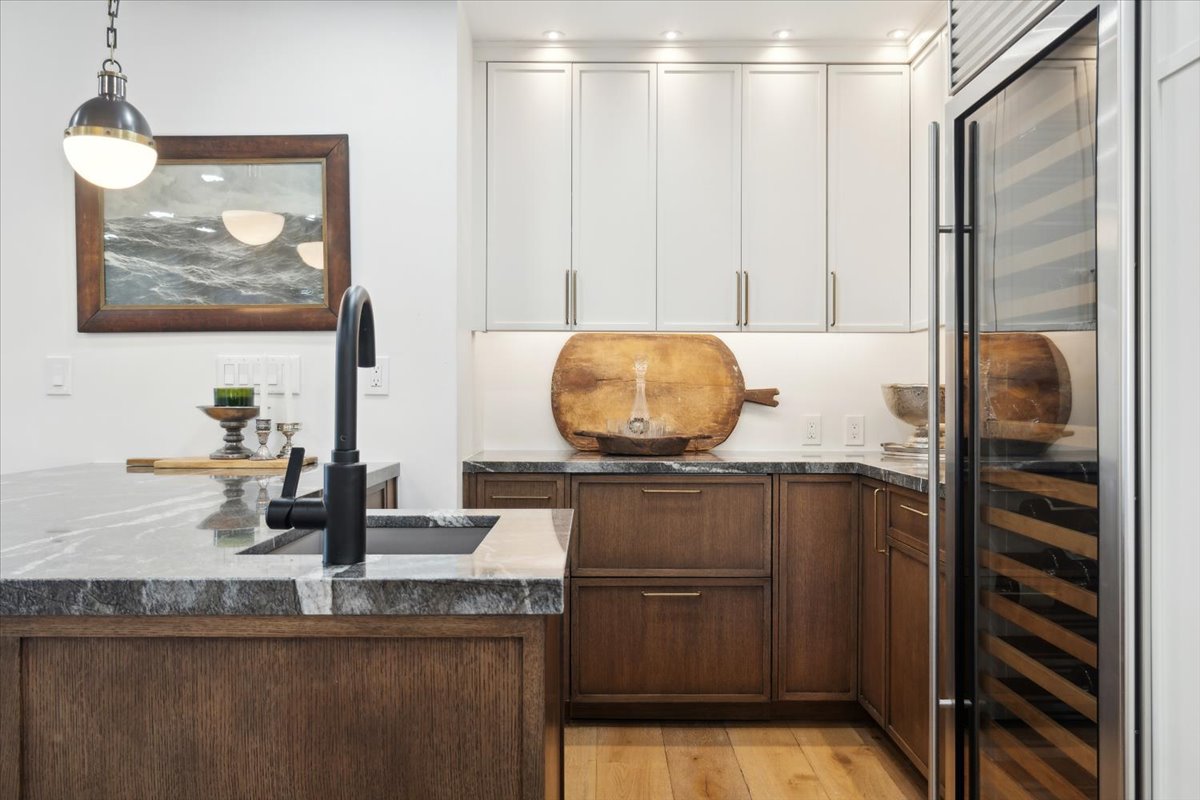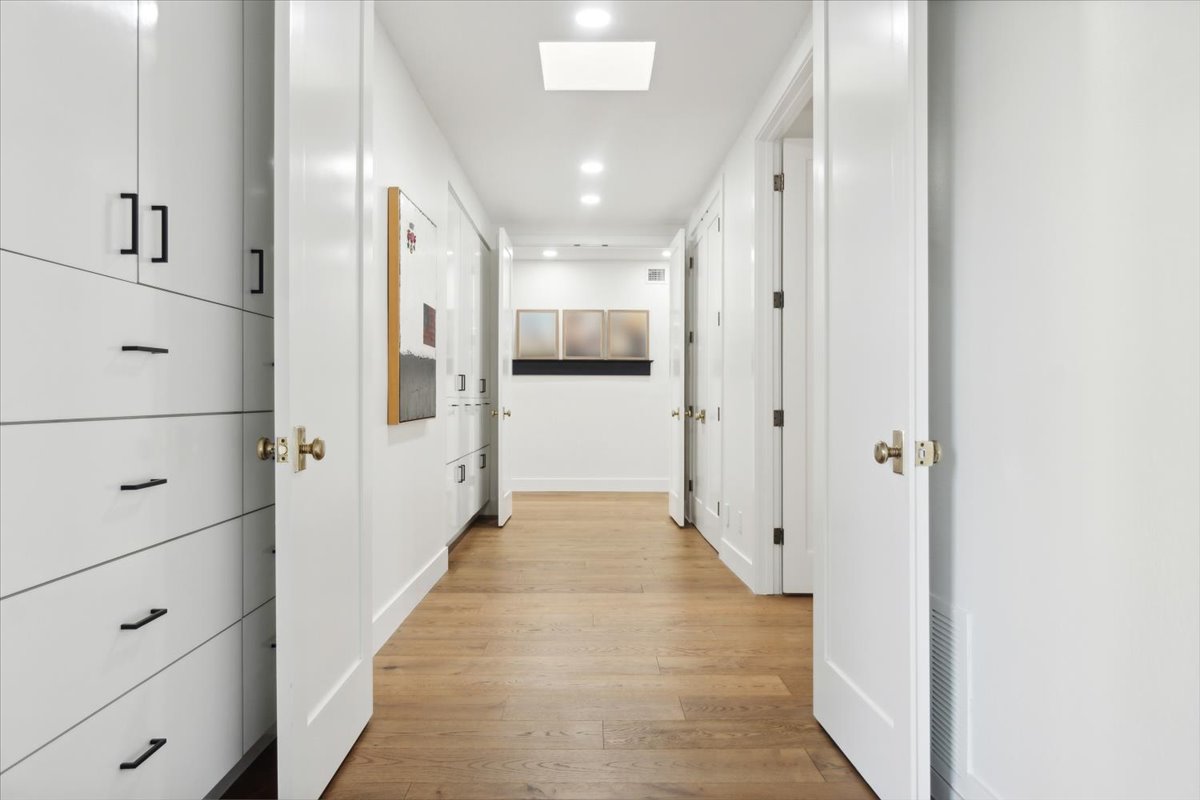New Impact Fees Could Push Phoenix Housing Costs Higher
Phoenix City Counsel Approves Higher Impact Fees
Buying a home in Greater Phoenix just got more expensive. On April 9, 2025, the Phoenix City Council unanimously approved a steep increase in the fees developers pay when building new homes or commercial projects. Known as impact fees, these charges help fund essential infrastructure like water systems, roads, and emergency services. The move might help pay for growth, but it could also drive home prices even higher.
This change comes at a time when the housing market is already stretched thin.
Huge Fee Increases Target Growing Areas
The new impact fees will be felt across Phoenix, but the sharpest spikes are coming to fast-growing areas. North Phoenix, where a major semiconductor plant is under construction, is one of the most affected. Builders in that area will now be paying tens of thousands more per home.
-
North Phoenix fees rising from $15K to nearly $35K
-
Paradise Ridge area tops out at almost $38K
-
Northeast Phoenix increase hits 125 percent
-
Deer Valley jumps close to 100 percent
-
Ahwatukee and Laveen stay under $15K
-
96 percent of fee revenue goes to infrastructure
-
Fee adjustments vary depending on land use and growth projections
These hikes are expected to be passed along to homebuyers, which could affect the cost of both new and existing homes.
Also Read: Verdin In North Phoenix Offering New Homes Near TSMC Plant

What This Means For Buyers & Renters
Home prices in Greater Phoenix are already high, with the median sitting near $459,000. Now, many fear that the added cost to builders will ripple through the entire housing market.
-
Builders say they will pass on costs
-
Mortgage payments could rise by over $170 per month
-
Rents may rise by 4 percent or more
-
Construction materials are already getting more expensive
-
Existing home prices may increase to keep pace
-
Developers warn of fewer affordable options
These fee hikes could make it even harder for new buyers to enter the market, especially those already priced out.
City Officials Say It's Necessary
Phoenix leaders say this is about keeping up with growth. As new neighborhoods rise, so do the needs for roads, water lines, and fire stations. Councilmember Jim Waring said long-time residents should not be the ones covering these costs.
-
Infrastructure must expand with population growth
-
New residents should help pay for what they use
-
Existing taxpayers have already paid for current systems
-
The city expects to raise $1.66 billion from these fees
-
Officials say it's about staying competitive and prepared
With rapid expansion across the city, officials argue these fees are critical for keeping up with demand.
Also Read: Billionaires And Builders Are Transforming The State Of Arizona

Developers & Builders Push Back
Not everyone is on board. Builders say the increases come at a terrible time, with land, labor, and materials already driving costs higher. Some warn that the new fees will delay projects or reduce the number of homes being built.
-
Fulton Homes says prices must rise
-
Builders say they are being squeezed
-
Homebuilders Association raised affordability concerns
-
Some proposals were scaled back after pushback
-
Developers warn the fees could stall housing supply
With more people moving into the region, builders worry that fewer homes will make an already tight market even worse.
Other Valley Cities Are Raising Fees Too
Phoenix is not the only place raising costs. Cities like Gilbert and Queen Creek have already bumped up their impact fees in recent years. They are also grappling with growth and the strain it places on public services.
-
Gilbert and Queen Creek already raised fees
-
Peoria and Buckeye have higher fees than Phoenix
-
Fee increases are becoming more common Valley-wide
-
Most cities say growth should fund itself
Across the region, cities are trying to balance expansion with the cost of keeping up.
Where The Money Will Go
The city has outlined how the $1.66 billion in projected impact fee revenue will be used over the next decade. The bulk of the money will go to critical utilities and infrastructure.
-
$490 million for water transmission
-
$372.6 million for water treatment
-
$224.7 million for wastewater collection
-
$191 million for wastewater treatment
-
$102 million for water resources
-
$84 million for road upgrades
-
$66.9 million for fire services
-
$66.6 million for public parks
-
$40.9 million for drainage systems
-
$17 million for police stations
-
$6.8 million for libraries
City officials say construction costs for infrastructure have skyrocketed since 2019, making these fee hikes necessary.
Also Read: Big Builders Snag First Lots At Saddleback Community In Peoria

How New Impact Fees Could Hit North Phoenix Communities
The April 9 vote to raise impact fees will hit hardest in the same part of town seeing the most action, North Phoenix. This area is exploding with major developments like TSMC, Verdin, Halo Vista, NorthPark, and Saddleback. These are exactly the kinds of projects the new fees were built for.
-
Fees in this area will more than double
-
From around $15K to nearly $35K per home
-
Builders say the added costs will hit buyers
-
Some projects may see price increases or delays
-
These communities are still early in development
-
Final home prices could shift as costs rise
It’s a high-growth zone, no question. But with the new fee structure now locked in, developers—and buyers—will be doing their math a little differently.
Affordability Is Slipping Further
Housing in Greater Phoenix is becoming harder to afford. Since 2020, the median home price has jumped 56 percent. Meanwhile, rent is up more than 35 percent in the past five years. Some experts say another spike in prices could push more people out of the market entirely.
-
New builds will likely cost more
-
Existing home prices could follow
-
Renters may also feel the squeeze
-
Mortgage payments could rise significantly
-
Developers may cancel or delay new projects
Real estate experts warn that unless something offsets these costs, the affordability crisis will deepen.
The April 9 approval by Phoenix City Council could reshape how the city grows. While the fees are aimed at funding long-term infrastructure, the short-term impact might be tougher for everyday buyers and renters. Growth is coming fast, but so is the price tag.


















